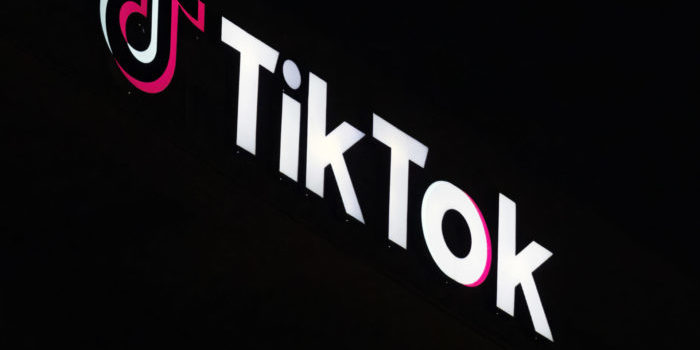(José Niño, Headline USA) The video-sharing app TikTok has appointed Erica Mindel, a former Israeli army instructor and former U.S. State Department contractor, to manage its so-called “hate speech” policy, according to a report by The New Arab.
The appointment, confirmed last week, is drawing allegations that the platform is shifting its moderation policies toward censoring content supportive of Palestinian rights movements.
Mindel, who previously served in Israel’s military and worked for Ambassador Deborah Lipstadt on countering antisemitism, will lead efforts to shape TikTok’s approach to hate speech and advise the company on related regulatory matters.
Her selection comes amid heightened geopolitical tension and growing claims that major U.S. tech firms are curbing pro-Palestinian expression on their platforms.
The role was reportedly created following consultations between TikTok executives and the Anti-Defamation League (ADL). Per a report by The Cradle, Dan Granot, the ADL’s national director of antisemitism policy, cited the position as a key recommendation that emerged from high-level discussions in 2024.
While TikTok has said the hire is intended to improve its response to hate speech, critics accuse the company of reinforcing political agendas under the guise of content safety.
According to data from the watchdog group Sada Social, TikTok complied with 94% of Israeli government content removal requests in late 2024. Users have also reported increasing censorship of common pro-Palestinian phrases like “Free Palestine.”
The controversy surrounding Mindel’s appointment adds to broader concerns about tech companies’ relationships with Israeli institutions. Human Rights Watch has accused Meta of systematic censorship of Palestinian content, while Google has faced internal employee protests over Project Nimbus, a $1.2 billion deal providing AI and cloud services to the Israeli military.
ByteDance, TikTok’s parent company, remains embroiled in negotiations with U.S. regulators over a forced divestiture order passed by Congress in 2024.
While that move was largely portrayed as targeting potential Chinese influence, insiders have since told media outlets the driving concern for Congress was the app’s impact on “Israel’s image,” according to a report by the Middle East Eye.
José Niño is the deputy editor of Headline USA. Follow him at x.com/JoseAlNino

